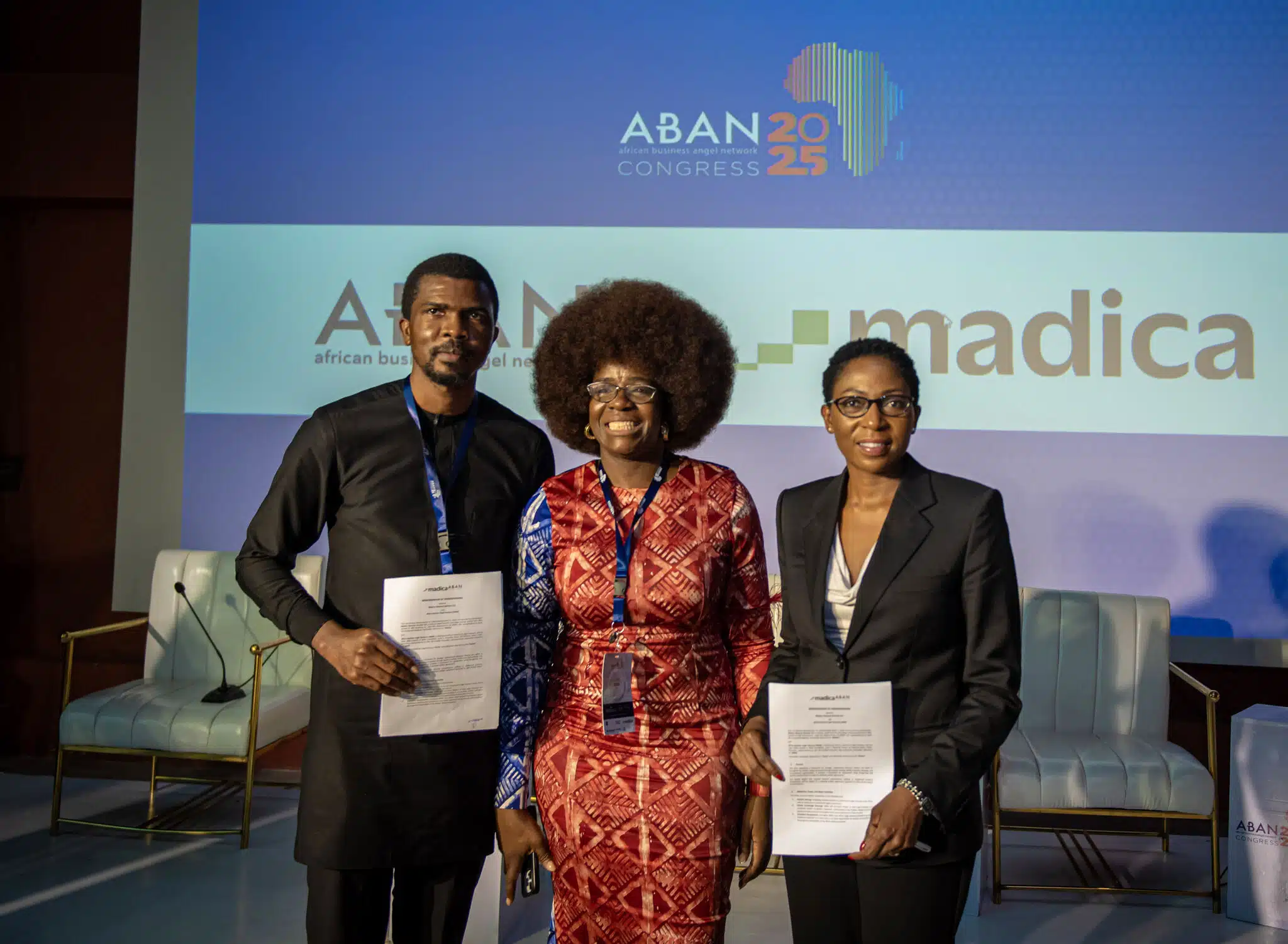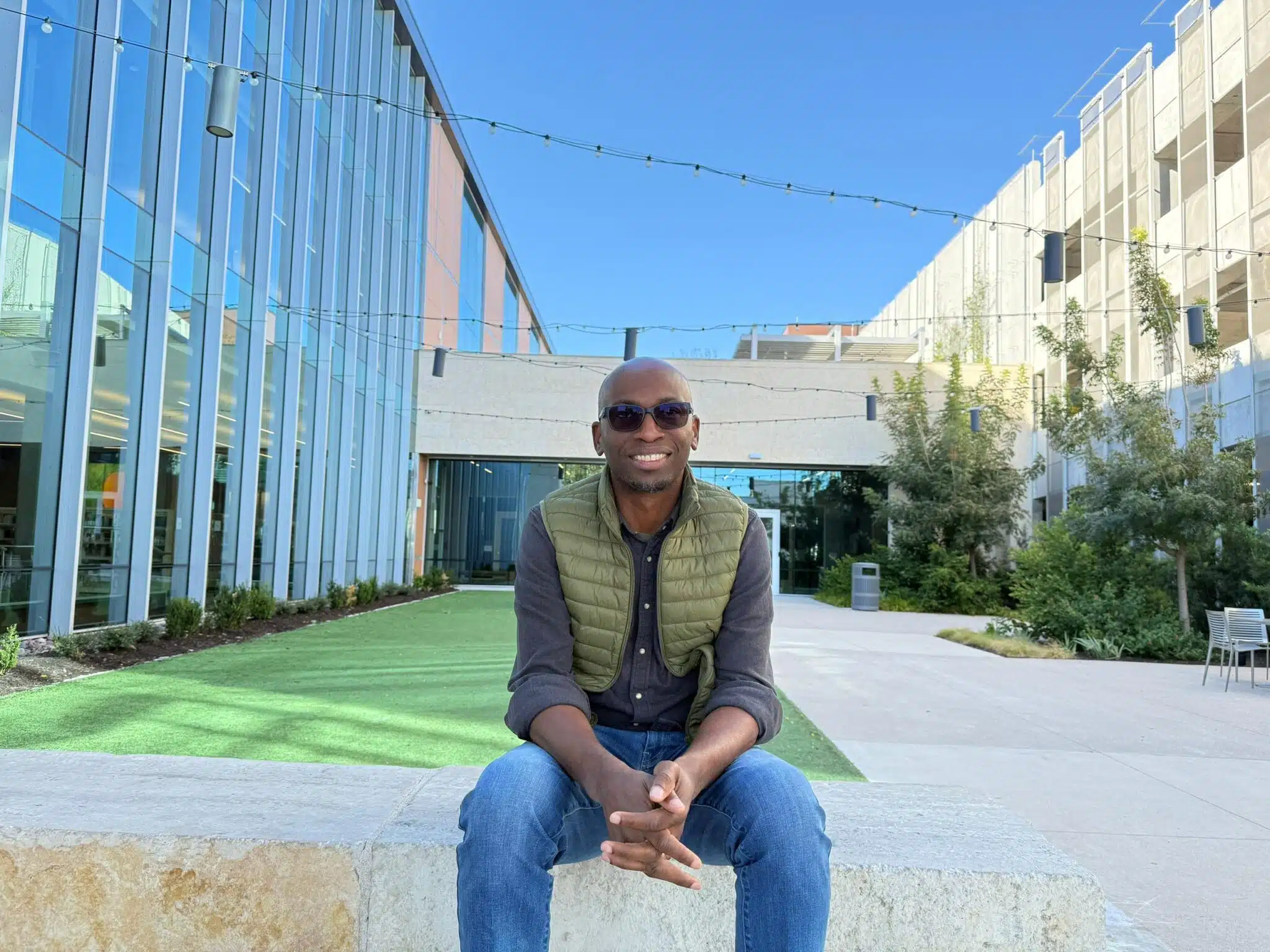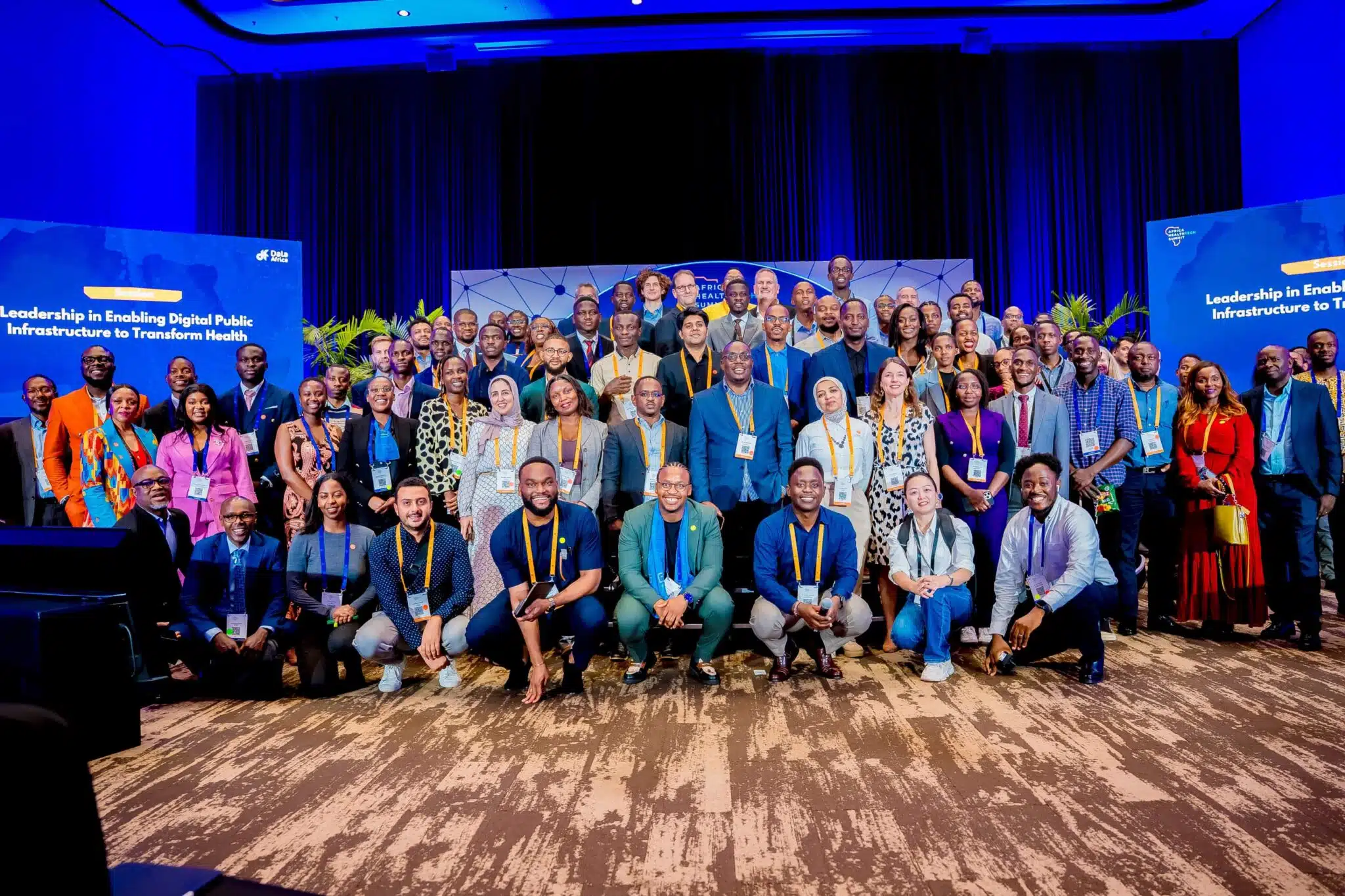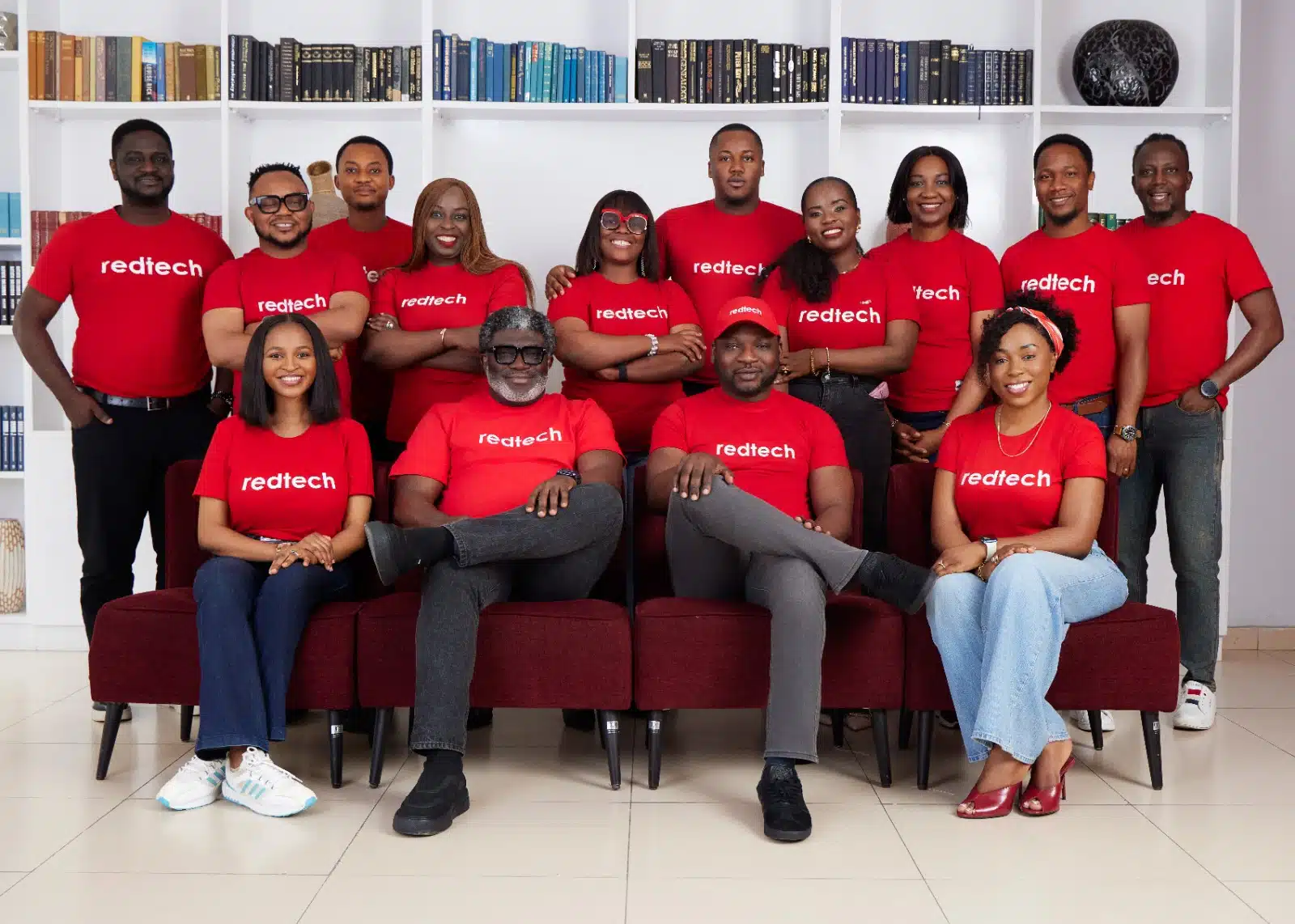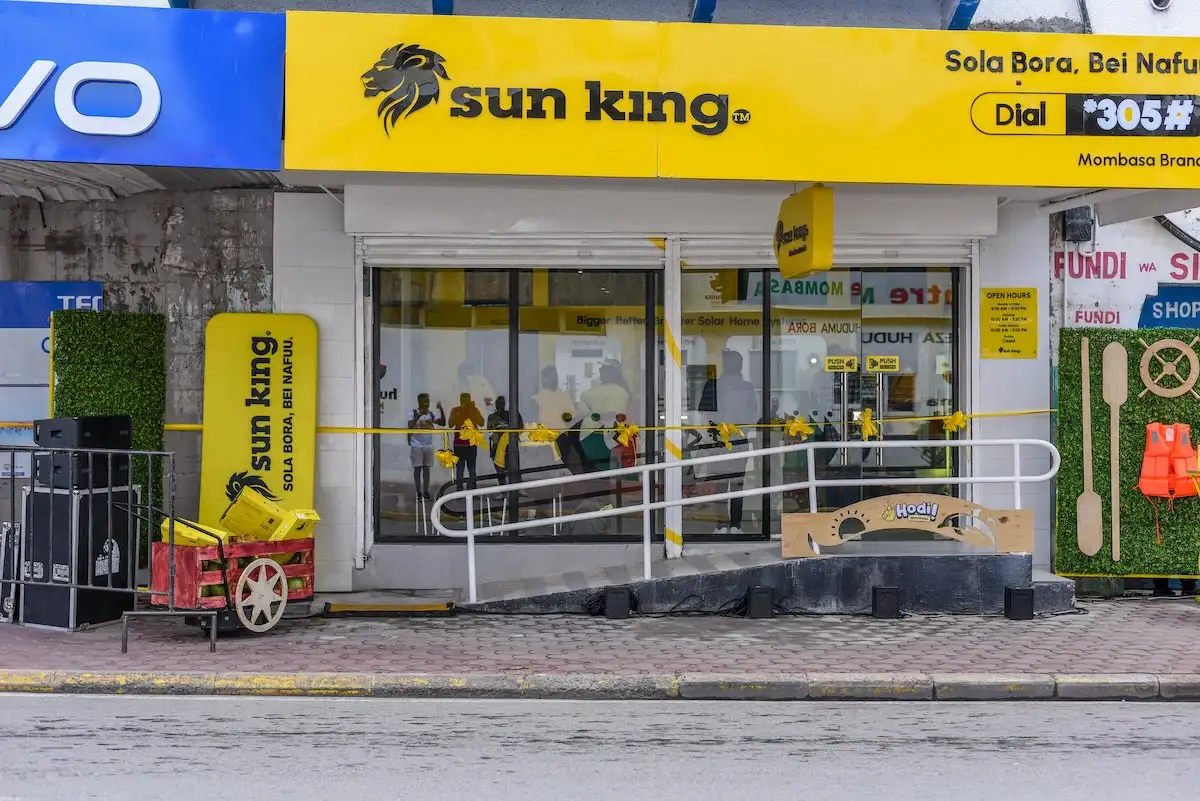When startup fundraises are announced, the spotlight often falls on large venture capital (VC) firms. Yet, behind many of these success stories are angel investors — early believers who provide the crucial capital that turns ideas into real products.
These individuals play a foundational role in Africa’s startup ecosystem, and on the 17th and 18th of October, 2025, over 100 of them gathered at the J. Randle Centre for Yorùbá Culture & History to reflect on the journey so far and chart a course for the future.
Themed “Accelerating Local Capital Participation,” the event brought together key players from across the continent to share insights, celebrate progress, and tackle persistent challenges in early-stage funding.
In her opening address, Yemi Keri, President of the African Business Angel Network (ABAN), highlighted the pivotal role of local investors. Over the past decade, more than 5,000 angels have invested upwards of $35 million into African startups, a small figure compared to global standards, but a meaningful start.
She pointed out that local capital has remained steady even as global venture funding has dried up.
“The global funding tap is tightened, and when it is tightened, the first to be cut off are our founders in overlooked markets [and] non-traditional backgrounds,” Keri said. “The only capital we can truly depend on is our own.”
Still, she cautioned against complacency. Compared to Southeast Asia, where angel investors have poured over $40 billion into more than 1,000 startups, Africa’s angel investment ecosystem has considerable ground to cover. She urged the community to take bolder steps toward scaling participation and building stronger networks.
Outlining the themes that would shape the discussions over the two days, Keri named three priorities: easing cross-border investment, moving beyond fintech, and enabling policy environments that support early-stage capital.
“We’re the first believers. We take the initial risk. We’re the architects of our own economic destiny, so let us start building our own tables,” she concluded.
The value of local knowledge
Adding to this, Fadilah Tchoumba, CEO of ABAN, highlighted the growing infrastructure supporting angel investment. There are now 77 angel networks across 37 African countries, she noted, and local capital brings more than just money.
“It [angel investing] brings context, intelligence, [and] long-term commitment. It empowers African entrepreneurs not just to survive but to scale with confidence, knowing that the investor understands the ground they walk on,” she said.
In a move to expand that support, ABAN signed a two-year memorandum of understanding (MoU) with Madica Ventures, a pre-seed investor. The partnership aims to strengthen deal pipelines, share market knowledge, and improve startup investor-readiness.
“Early-stage founders in Africa need more than just capital. They need a community of investors who understand their context and champion their growth,” said Emmanuel Adegboye, Head of Madica. “Remarkable founders exist in every corner of the continent, yet too many remain disconnected from the capital and networks they need to thrive,” he added.
Keri echoed this sentiment, adding, “Our collaboration with Madica helps bridge the gap between angel investors and institutional capital, ensuring that more funding comes from within the continent.”
Building beyond borders
The event’s first conversation featured Mossadeck Bally, President of Groupe Azalaï Hotels, in discussion with Biola Alabi, Investment Partner at Delta40 Venture Studio. Bally shared his entrepreneurial journey, which began with a $20,000 investment and one hotel but has since grown into a multi-country hospitality business.
Now giving back through the Azalaï Foundation and Azalaï Angels, Bally supports early-stage African entrepreneurs.
While acknowledging the economic and political challenges that drive many young Africans to seek opportunities abroad, he emphasised that the responsibility of building industries on the continent lies with its own citizens.
Unlocking capital, shaping policy
The first panel discussion, moderated by Charmaine Hayden, brought together Antonny Mukulu Nshimye, Chief Legal Officer, KIFC; Ola Brown, Founder & General Partner, HealthCap Africa; and Joel Nana Kontchou, Vice President, Cameroon Angel Network.
They explored the strategies and policy reforms needed to unlock early-stage capital in Africa.
Ola Brown shared how her success in raising two funds stemmed from a blend of local and foreign capital, noting that her first fund, backed primarily by local LPs, helped build credibility with foreign investors later on.
Kontchou focused on the need to mobilise African wealth, particularly from high-net-worth individuals, into non-traditional sectors.
“We have the money, but we’re not investing it in the most optimal way,” he said. He also warned about accepting foreign capital without scrutiny. “We must ensure it aligns with Africa’s long-term interests.”
Brown acknowledged the importance of foreign capital but emphasised local ownership. “We can’t disassociate ourselves from foreign capital,” she said, “but we need to ensure that locals have enough equity in the companies that generate wealth.”
Taking a policy-orientated view, Nshimye argued that government action must precede private sector momentum. This includes clear investment regulations, tax incentives, stronger sovereign wealth fund strategies, and regional policy coordination.
“It’s up to governments to de-risk the ecosystem enough to make it investable,” he said.
A call for active angels
In a keynote presentation, Khaled Ismail, Chairman of HIMAngel, assessed the state of angel investing in Africa, celebrating progress but highlighting urgent gaps.
He emphasised that angel investing isn’t new and shouldn’t be driven solely by the pursuit of returns. Instead, angels must also see themselves as mentors and ecosystem builders.
“You have to support and mentor the founders at this early stage. You must have something that you can tell them that is useful,” he said.
Ismail compared Africa’s angel landscape to India’s: over 5,000 angels in Africa invest around $3,500 per year, while 26,000 angels in India invest an average of $15,000. Even more concerning, only 10% of African angels are actively investing, and most haven’t yet written their first cheque.
To close the gap, Ismail urged angel networks to ramp up awareness, education, and above all, create more visible success stories. These will only happen, he argued, if angels work more closely with founders and VCs — especially around exit strategies. Without exits, there’s no reinvestment, and the funding pipeline stalls.
Expanding markets, managing risk
The second panel brought together Omotayo Ojutalayo, General Manager, Enterprise Business Development, MTN Nigeria; Cecilia Akintomide, Chairperson, Ring Capital; and Oti Ilentamhen, Investment Principal, Alitheia Capital, focusing on market expansion and co-investment.
Co-investing, they agreed, is a smart way to de-risk investments, especially when entering unfamiliar territories. But success depends on shared goals and mutual transparency between co-investors.
They also highlighted the need for careful due diligence when expanding into new African markets. While many regions share surface similarities, differences in regulation, culture, and social norms can be substantial.
Investors were advised to avoid entering markets blindly or alone, instead partnering with stakeholders who understand the landscape and have a real stake in the outcome.
The event included a celebration of standout contributions to angel investing in Africa. Adedotun Suleiman was named Angel Investor of the Year, while Core Angels received the award for Angel Network of the Year.

